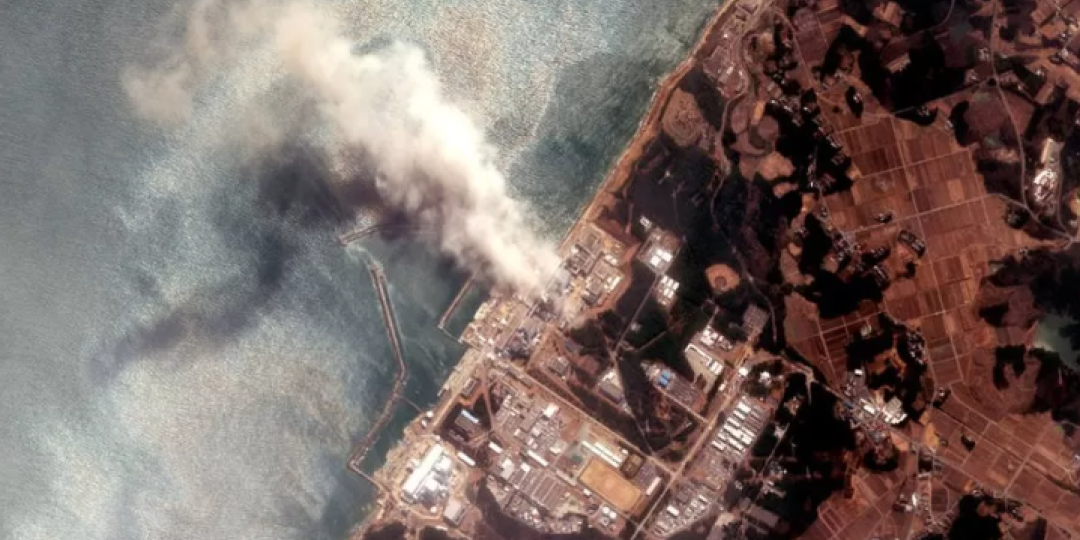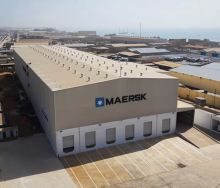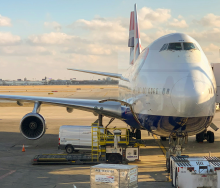China has begun checking all ships arriving from Japan for signs of radioactivity in their ballast, fearing contamination from the Fukushima nuclear power plant.
According to media reports, Japanese officials had planned to release small amounts of the treated radioactive water that had been stored at the Fukushima nuclear power plant into the Pacific Ocean.
The plant was destroyed in the 2011 earthquake that hit Japan, and it released the first batch of water in August.
Kyodo News reported that China had begun testing the ballast water of container vessels arriving at its key ports in Tianjin and Shandong Province in eastern China.
The publication speculated that officials were likely conducting radiation level inspections after China described the waters as "nuclear contaminated" and demanded that the release into the ocean be halted.
Chinese authorities reportedly notified vessel operators that they would be banned from releasing ballast water at Chinese ports if radiation levels in samples exceeded the limit.
In August, China also announced an immediate ban on the importation of seafood and fish from Japan.
The ban was effective immediately, declaring that China would “dynamically adjust relevant regulatory measures as appropriate to prevent the risks of nuclear-contaminated water discharge to the health and food safety of our country”.
China imported $1.1 billion of seafood from Japan annually before the ban.
Japan has protested against the ban and suggested that international monitoring be established to ensure the release of water from Fukushima will not impact food supplies.













